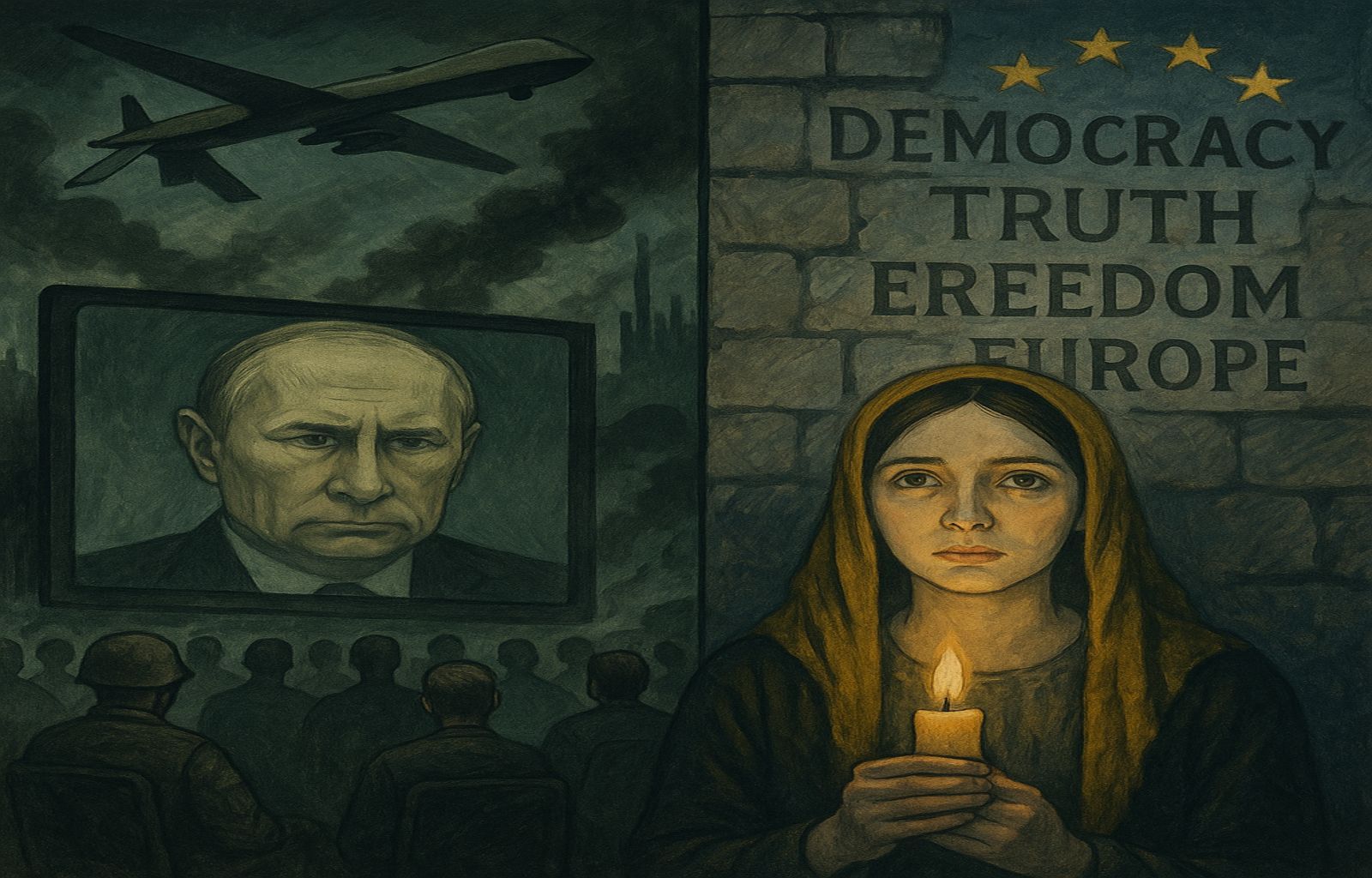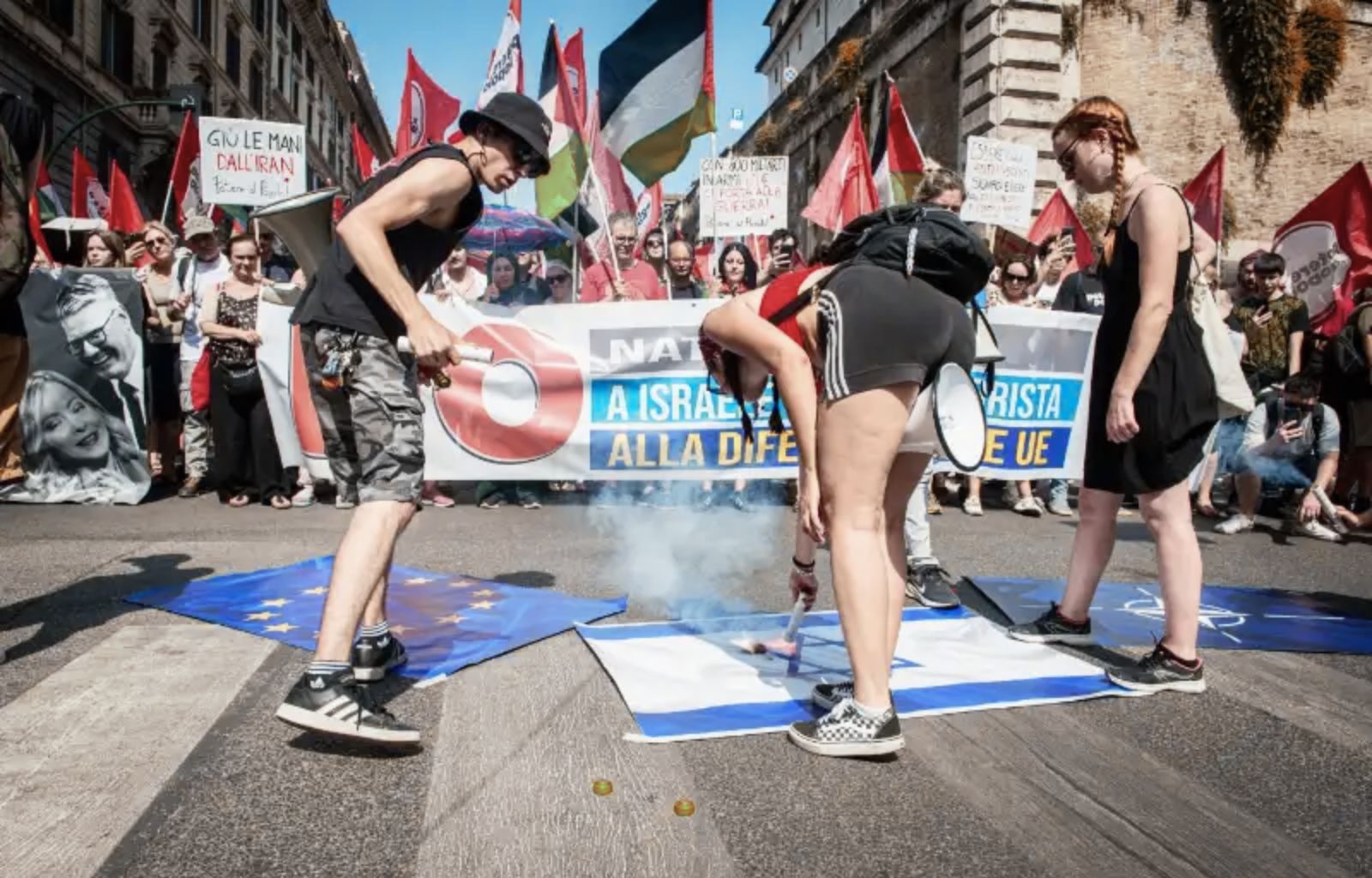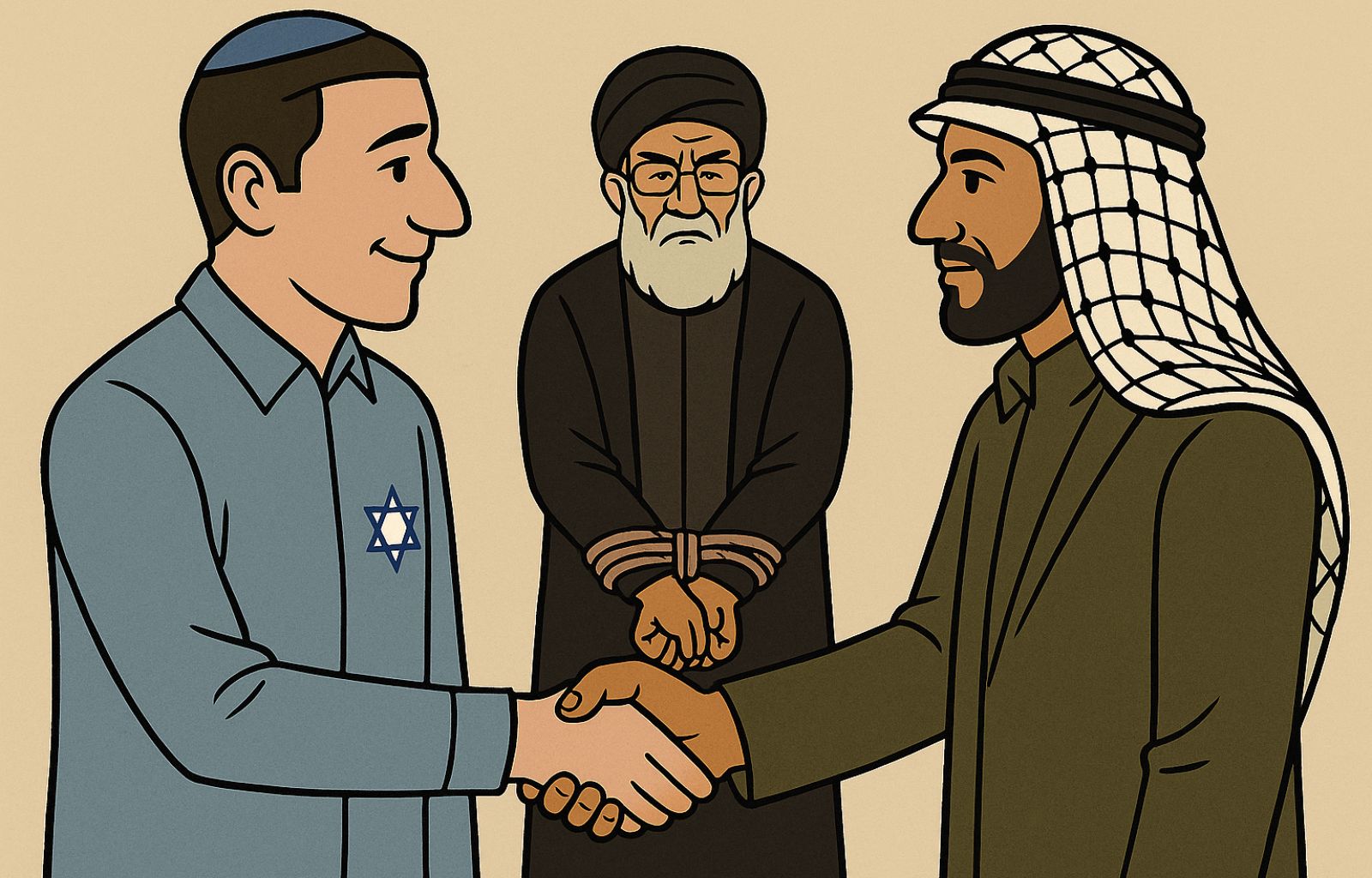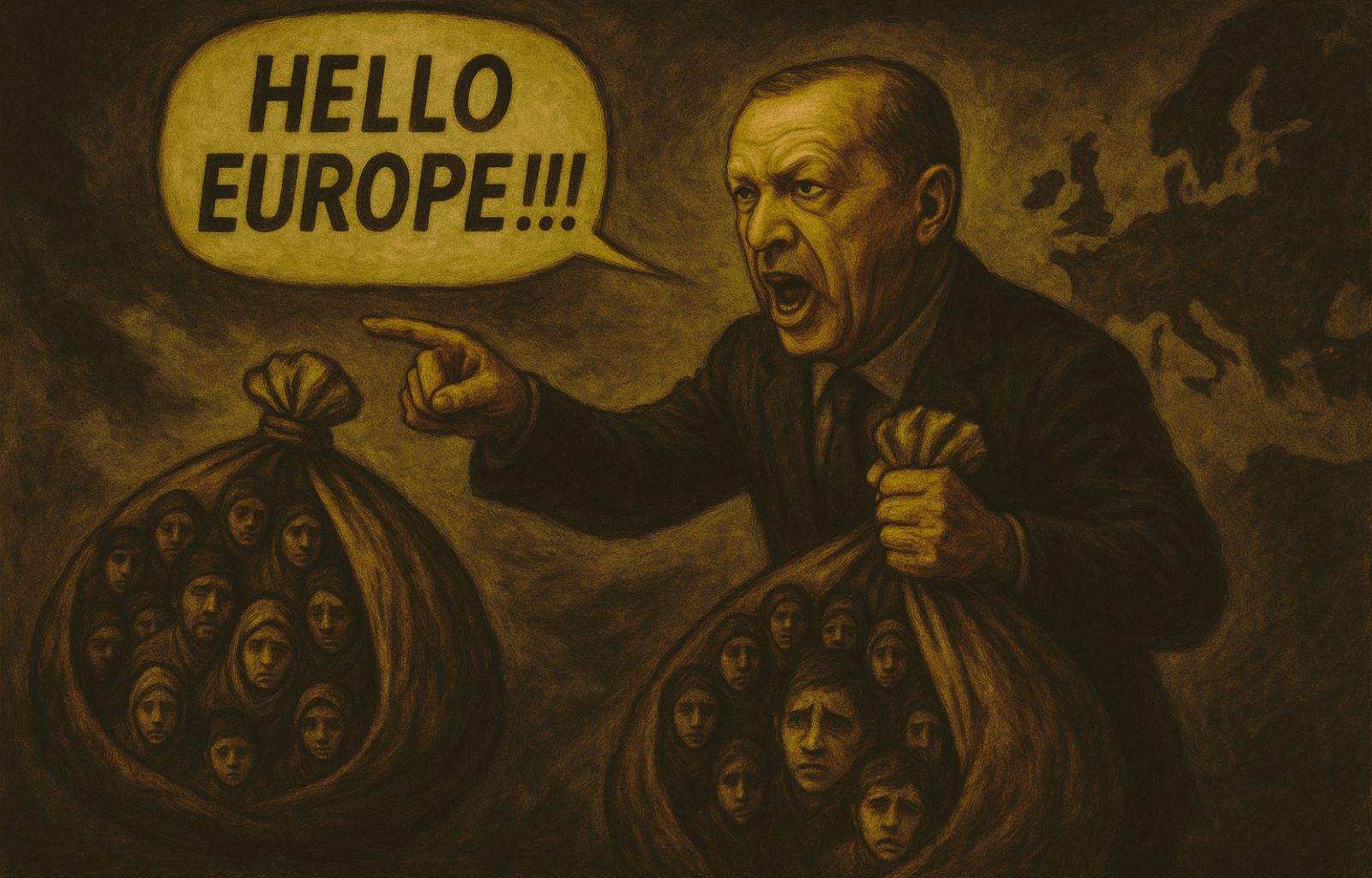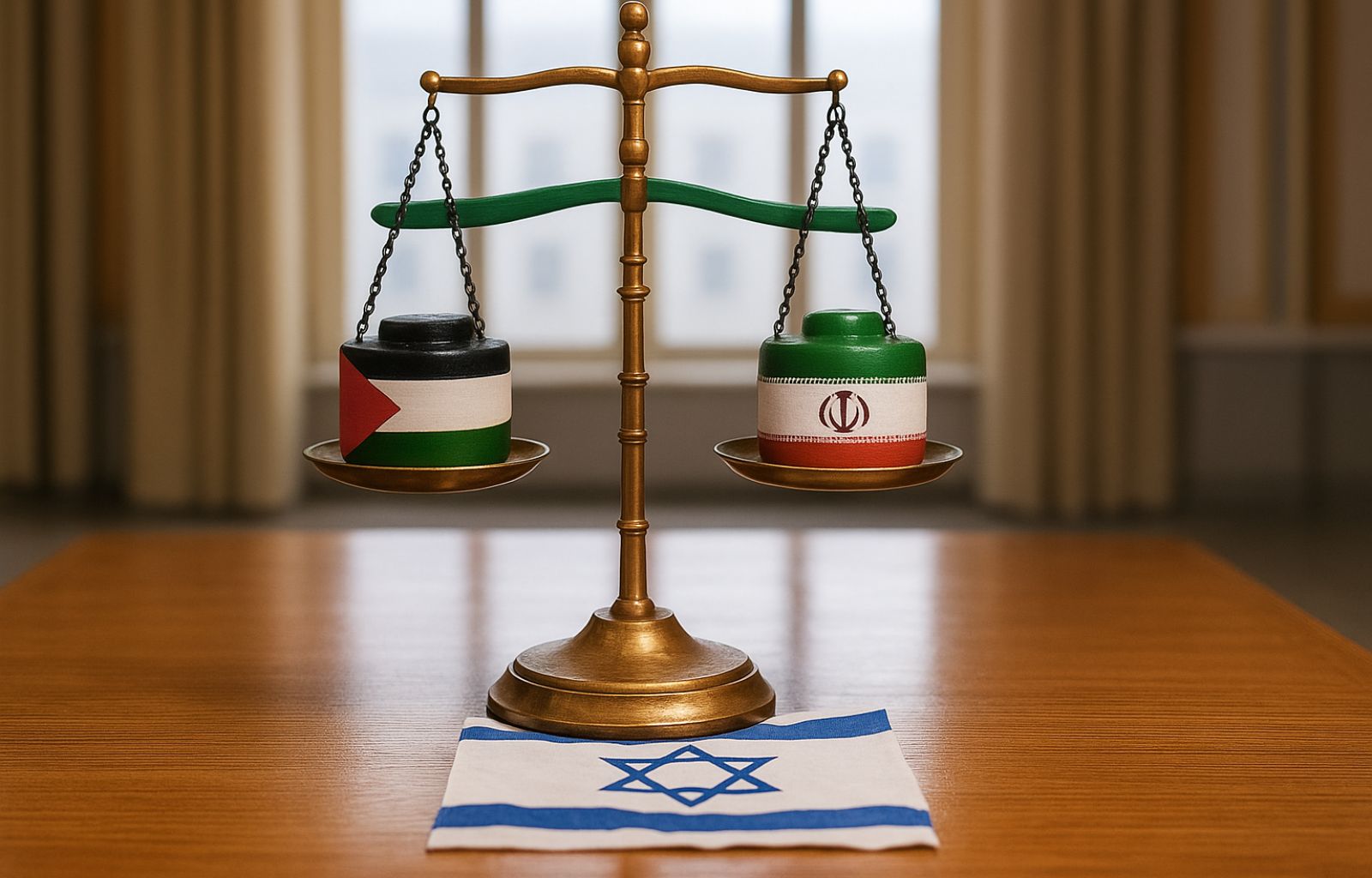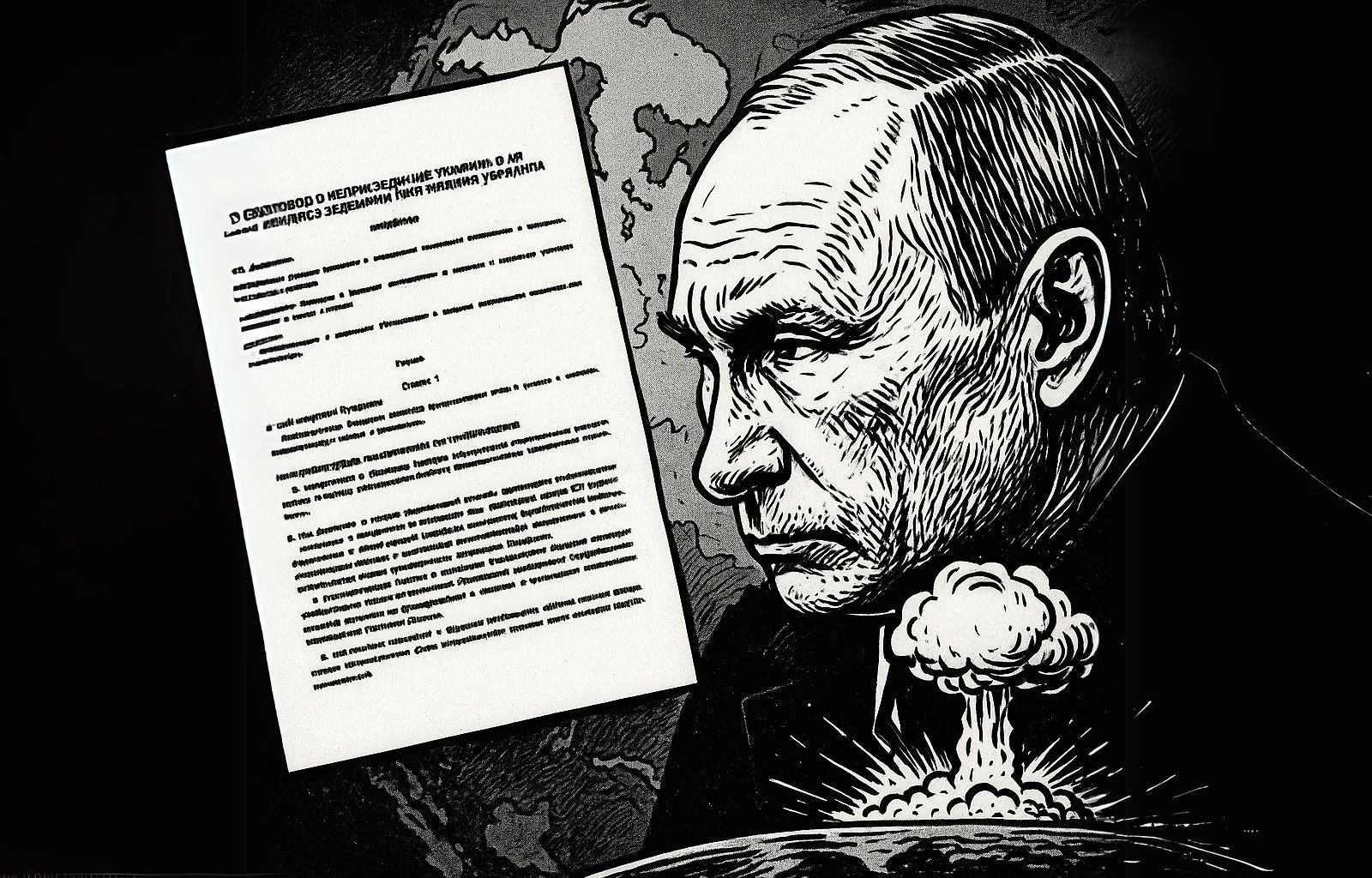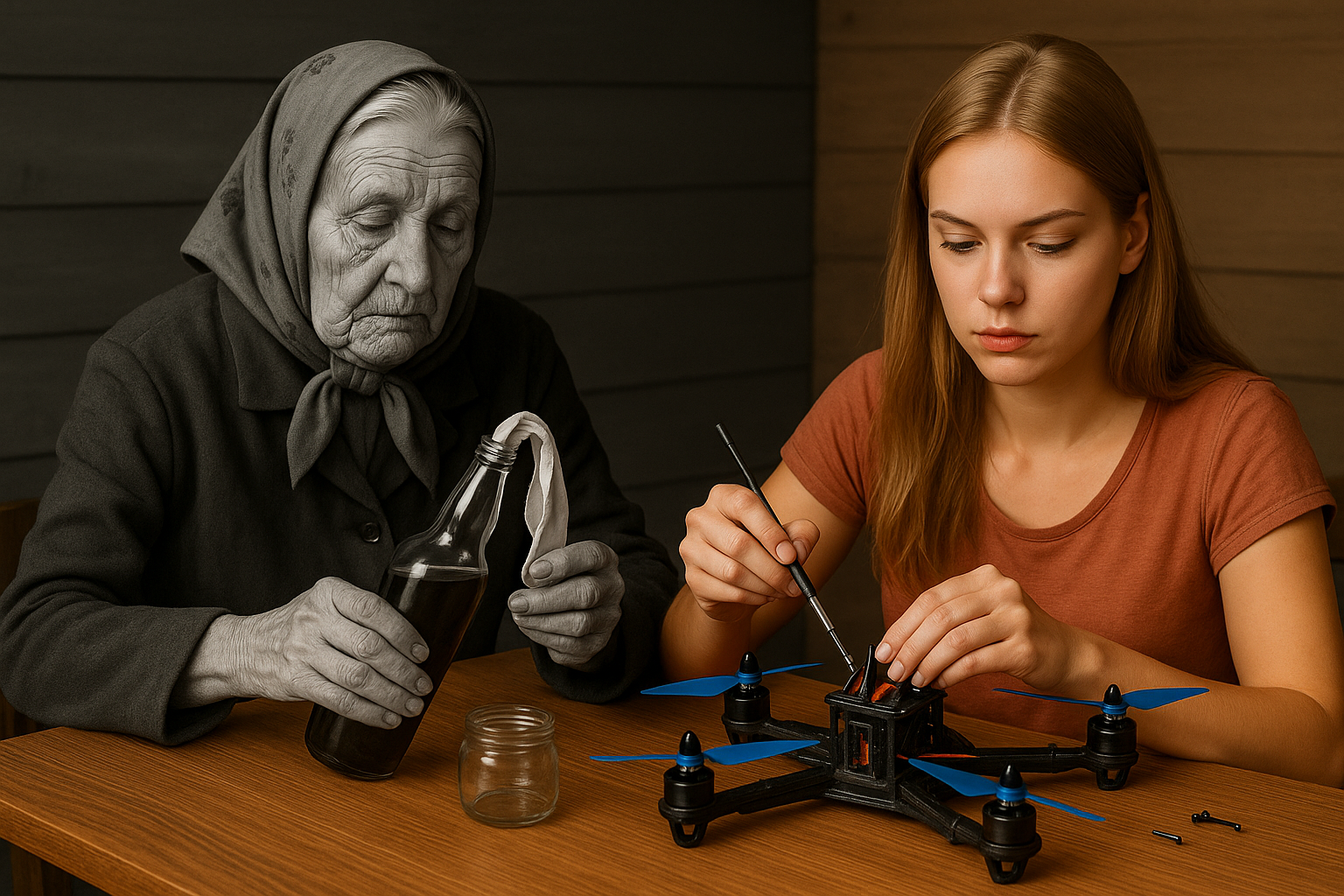‘On Europe and global issues, PLD offers common sense and challenges mainstream’. Interview with Luigi Marattin
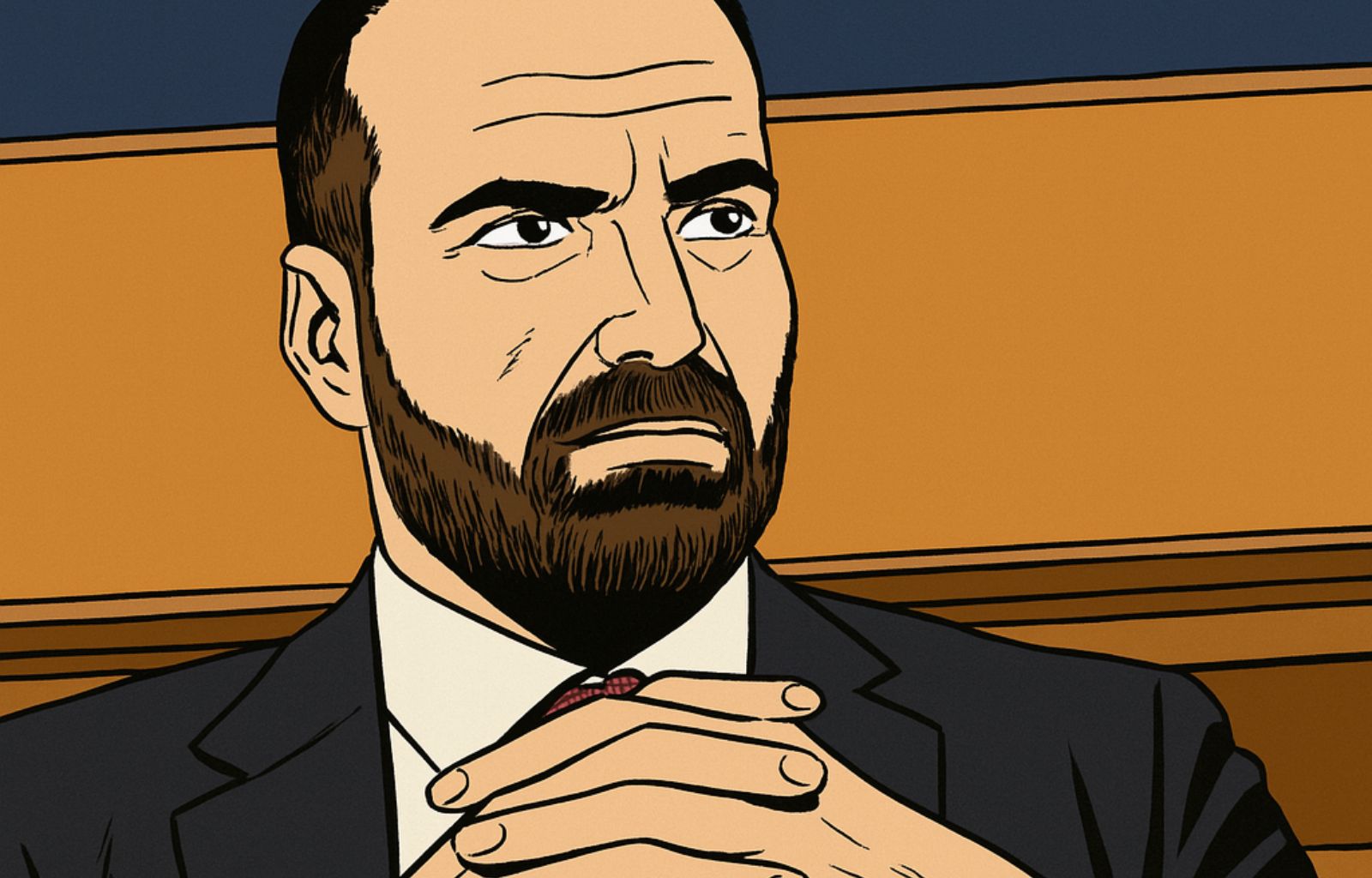
On Saturday 28 and Sunday 29 June, the first congress of the Liberal Democratic Party will be held in San Lazzaro di Savena (BO). The result of the union of four acronyms of the liberal area (NOS-Orizzonti Liberali-Libdem Europei-Liberal Forum); for four months the PLD has been mobilising with articulated proposals and initiatives throughout Italy to make itself known and attract members, placing itself at the centre of the liberal-democratic political area.
At the Congress, the national bodies and the Secretary will be elected, with Luigi Marattin as the unitary candidate. In view of the congress commitments, we interviewed Mr Marattin, addressing the main topics of national and international politics. Below you can read the full interview.

On Sunday, you will become the secretary of the Liberal Democratic Party, a new formation of the liberal area born on 8 March. Without mincing words, where does he envision the FDP in five years’ time?
As part of a single liberal-reformist and alternative political offer to the two poles of centre-right and centre-left. And which, thanks to the excellent result in the 2027 general election, will for the first time in many years have contributed to (indeed determined) a ‘populist-free‘ government.
In a global and European context marked by uncertainty and fear – factors that have always polarised the vote – you are proposing a third-party project, equidistant from the two traditional poles. Are you confident of a positive response from the Italians? And why?
Every time a Liberal Democrat third-party project has stood for election (in 2013 and 2022) it has always garnered 8%-10% of the vote. But the potential is in my opinion – and according to all demographic institutes – even higher, perhaps around 15%.
There are two problems. The first is that both times he presented himself with appreciable results, he committed suicide after a few months. The second is to convince people in this political area (which are not as many as some newspapers insist on portraying) that among us, cooperation is more fruitful than competition.
2025 is the year of Donald Trump. The foretold tsunami in international relations has arrived, taking very unpredictable forms, but certainly light years away from the pacifist expectations of many commentators, especially our own. What role should Europe play in this scenario? And in particular, how do you judge the posture of our Prime Minister Giorgia Meloni vis-à-vis the Atlantic ally?
As long as man has existed, one asserts oneself in international relations if one is strong economically, technologically and militarily. It is pointless to play ‘sleeping beauties in the woods’. Therefore, if it wants to count in the world,Europe must strengthen itself economically (by creating a truly single market, and the necessary economic and institutional reforms), return to an innovation capacity capable of driving the ‘GDP of the future’, and build greater interoperability of national armed forces in order to have, in the future, whenpolitical unity will allow the election of asingle political authority, a common army.
As for Meloni, her attempt to pose as a ‘bridge’ between the EU and the US was evident. Forgetting, however, that those bridges already exist, and have been in place for decades, whoever the nations’ pro-tempore leaders are and whatever their publicly assumed postures. In any case, especially considering how she had built her political consensus in the 2013-2022 decade, Giorgia Meloni in foreign policy is not doing badly.

Speaking of Europe, you of the PLD have recently been very busy organising the 3-day ‘Europe in the streets’, with stalls in the streets all over Italy. What do you think is the key to conveying the need to build a new Europe to the so-called average voter, outside the usual intellectual and political circles?
Some time ago people thought it was enough to put signs in front of public works saying ‘This work was built with European funds’. You know what I think? That Eurovision is more useful than thousands of learned disquisitions. Likewise a European TV news, a European football championship (the new Champions League formula is a clear attempt at rapprochement). Or 10 times more student and work exchanges. For example: does it seem normal to you that it is still a Herculean effort to have one’s qualifications and examinations recognised in another EU state?
This does not seem normal at all. Speaking of Europe, our group of L’Europeista will organise the ‘stati generali dell’europeismo italiano’ in November, involving associations, parties and the media. Besides obviously extending the invitation to the PLD, I ask you: has the time come for a change of political paradigm, considering European affairs as a matter of domestic policy and not foreign affairs?
Appreciating and accepting the invitation I reply that for us the paradigm shift is already a reality. Our Europe officer in the national secretariat is called ‘home affairs officer’. Meaning, of course, European affairs. And then we will have the foreign manager, who will take care of what happens outside the EU.
The events of these days project us out of Europe, more precisely to the Middle East. A delicate and incendiary scenario, as well as a hyper-polarising political issue in European public opinion. What is your position on the conflict in Iran and, separately, on the one in Gaza? And how does it differ from the positions expressed by other Italian parties?
It differs a lot because everyone seems to be afraid to challenge the ‘common sense’ that seems to have taken over, especially among young people. We, on the other hand, prefer to talk ‘common sense‘, even at the cost of taking some criticism or arguing a bit more internally.
On Iran. It is an established fact that diplomatic talks are not at all stopping the uranium enrichment process, which can only have one purpose (to build atomic weapons). And when diplomacy fails, aggressive dictatorships require force. If we want to challenge this concept, then we must also challenge the way the Italian Republic was born. In general, the FDP is looking forward to a big jubilant demonstration when the Iranian regime falls, and that wonderful people (more than half of whom are young men in their 30s) are finally free.
On Gaza, the situation is obviously more complex. No human being can be insensitive in the face of humanitarian disaster, and no one in my opinion can refrain from condemning the policy of Netanyahu, who should know that the military instrument alone is useless when dealing with an enemy that cowardly hides among the civilian population ( Vietnam, among a thousand other examples, teaches this).
But I think it is too often forgotten that even in this conflict there is an aggressed and an aggressor. The aggressor is of course the state of Israel, which since 24 hours after its foundation (on 14 May 1948) has been attacked in arms by its neighbours. And then again in 1956, in 1967, in 1973. And of course that damned 7 October. It is evident then that in a conflict that has dragged on for 80 years, mutual atrocities on both sides accumulate.
And let us not forget that in 2005, with the Israeli withdrawal from Gaza, Hamas had the opportunity to do whatIra in Northern Ireland did in the 2000s or the Turkish PKK in recent months: abandon the armed struggle and show the world how a part of the Palestinian state can be self-governed. Instead, Hamas drove out the Palestinian Authority with weapons, and used the resources of the Gulf monarchies not for development and welfare, but to dig tunnels, buy weapons and use them to pursue its goal of wiping out Israel.

In Parliament, yours was perhaps the most critical voice towards Giorgia Meloni for Italy’s wait-and-see attitude regarding the ratification of the EU-Mercosur Free Trade Agreement. The mistrust in this regard is not only of the government, but also of the oppositions – united in what she calls the ‘single anti-market party’. What is the source of this reticence, despite the historically good results of preferential trade agreements?
A little from populism (which, indeed, holds the ‘cultural’ reins of both camps), which draws its lifeblood from the identification of external enemies: the Mes, central banks, financial markets or free trade agreements.
And a little by certain trade associations, which do not like the free market. Because they prefer to dominate in the domestic market (perhaps protected by politics), instead of seizing the opportunity to compete in the (foreign and domestic) markets .
Finally, paraphrasing a famous political scientist: ‘the resilience of democracies depends on the integrity of the oppositions’; I ask you: where and when did our oppositions get lost? Is it still possible to build a united front of all oppositions-PLD included-as an alternative to the government?
It cannot be done. The Broad Camp has nothing to do with us (and, may I speak in other people’s houses, in my opinion not even with Action). We have nothing in common with them: neither labour market policy, nor energy policy, nor foreign policy, nor justice.
This is because today’s centre-left is not even a distant relative of that not only of Renzi in 2015, but also of Veltroni in 2008. Or in some respects even of D’Alema in the mid-1990s: do you remember when he, as secretary of the DS, dared to criticise Cofferati’s CGIL (which compared to Landini’s is Milei!) at a congress for being too conservative? Or when, as president of the Bicameral, he had the centre-left vote on the separation of careers in the judiciary? Why this involution? Because for reasons unknown to me at some point they thought that populism could be beaten by opposing other populism. Not so.
In the next two years, in my opinion, we must build and consolidate the liberal-memocratic and reformist front, realising that together we achieve much more than the sum of what we could achieve alone (and that on balance, being dispersed, it would be useless). And have the courage to stand alone at the elections, offering Italians who want neither Salvini as minister of the interior nor Landini as minister of labour (or Conte as foreign minister) the opportunity to be decisive.
The only useful vote, two years from now, will be for us. Useful to drive the populists – left and right – back from whence they came.

